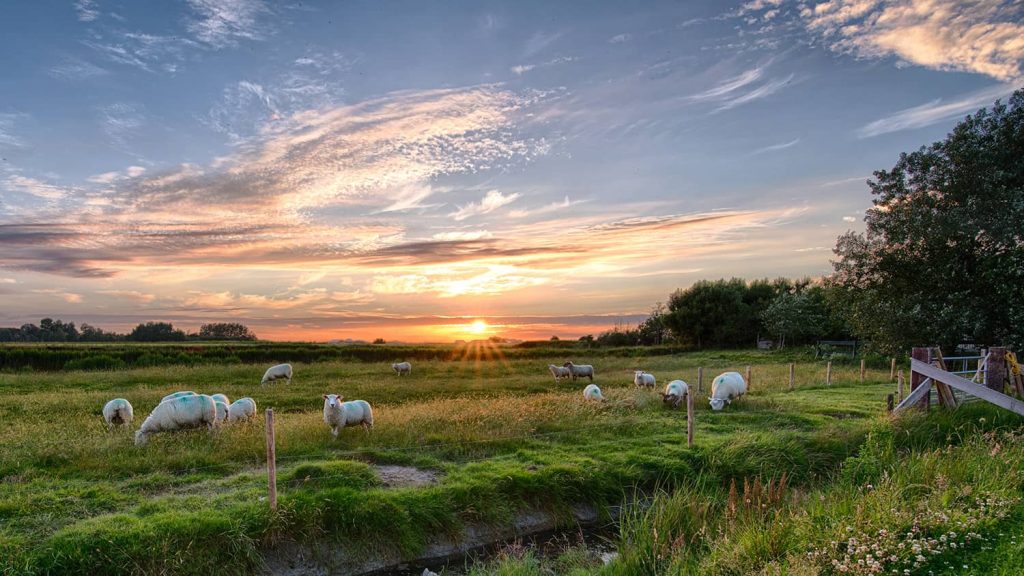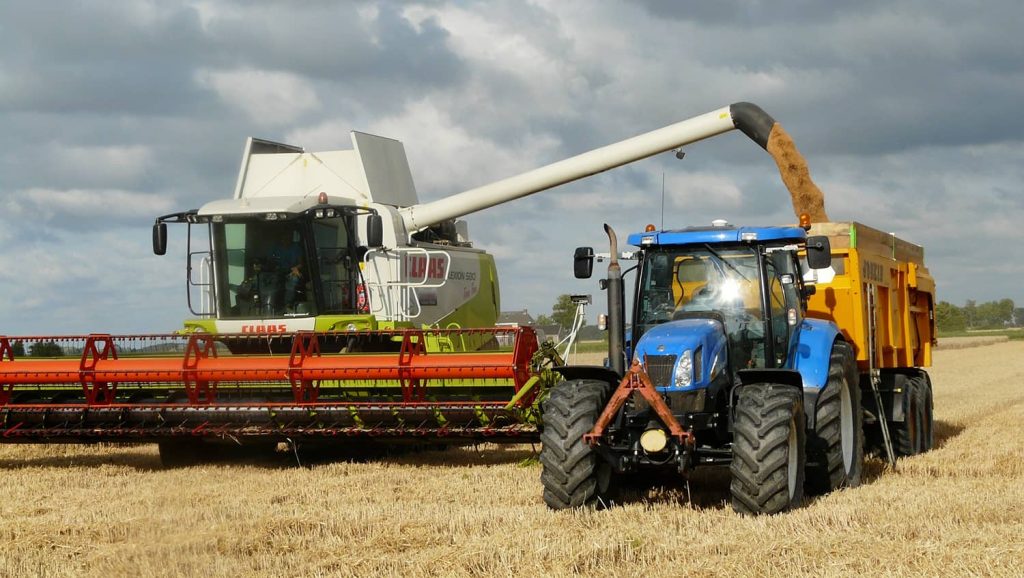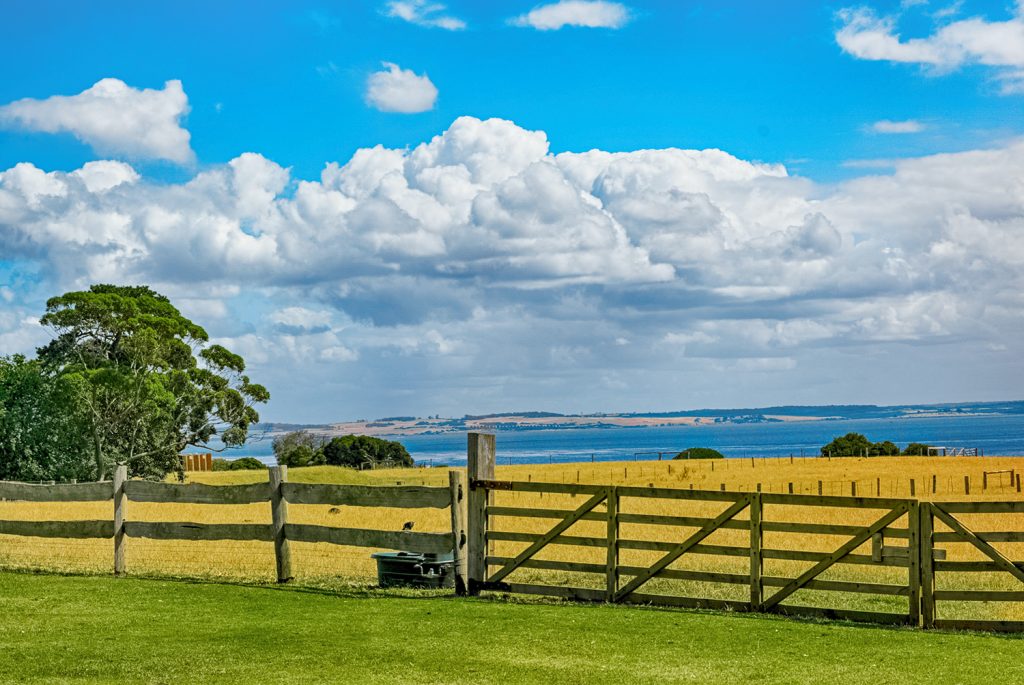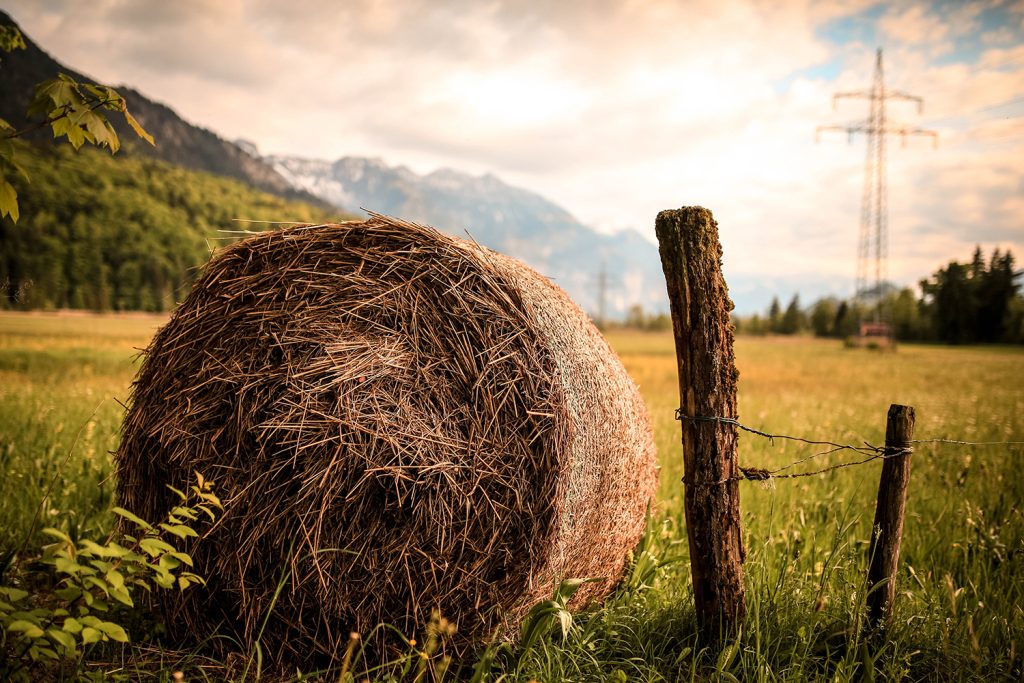Latest Articles

Preparing Your Farm For Sale: A Step-By-Step Guide
If you’re considering selling your farm, there are several steps you need to take to prepare it for sale. A well-prepared farm will attract more buyers, and you’ll be more likely to get the best …

How To Value Your Farm
Assessing the value of a farm when selling is a crucial process that requires careful consideration of various factors. Farms are significant investments that generate income and wealth for their owners. As such, determining the …

How To Value Your Farm Equipment
Valuing farm equipment can be a challenging task, as there are many factors that can affect the value of machinery, including age, condition, usage, and market demand. However, by taking a systematic approach to valuing …

Understanding The Local Real Estate Market When Selling A Farm
When selling a farm it’s always an advantage to understand the local real estate market, no matter where is Australia you’re selling. Whether you are a first-time seller or an experienced farmer looking to sell …

The Pros And Cons Of Using A Real Estate Agent To Sell Your Farm
When it comes to selling a farm, there are many factors to consider. One of the most important decisions is whether or not to hire a real estate agent. A real estate agent can help …

Selling Your Farm Online: Tips For Success
One of the most important aspects of selling your farm is marketing it effectively to potential buyers. With the rise of the internet, selling your farm online has become an increasingly popular option. Here are …
